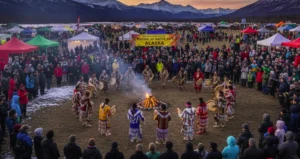The Bladder Festival, or Nakaciuq in Yup’ik, is a profound cultural and spiritual event celebrated by the Yup’ik people of western and southwestern Alaska. Held annually around the winter solstice, this festival honors the souls of animals, particularly seals, that have been harvested during the hunting season. The ceremony reflects the Yup’ik belief in the interconnectedness of all life and the importance of respecting the spirits of animals.
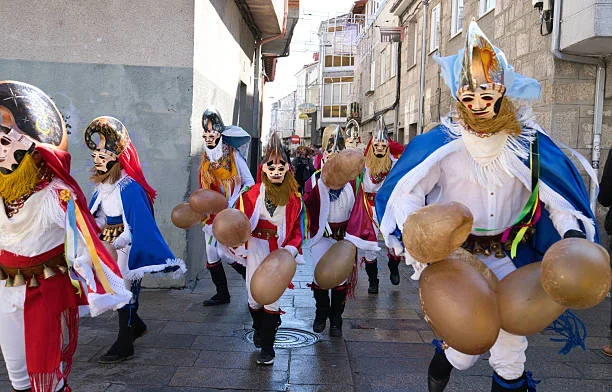
Spiritual Significance
In Yup’ik Eskimo shamanism, it is believed that while the hunter kills the body of the animal, he does not kill the yua (spirit or soul), which resides in the animal’s bladder (nakacuk). This spirit is reincarnated in a new body, ensuring the continuity of life. The Bladder Festival serves to honor and appease these spirits, ensuring their return in the coming hunting season.
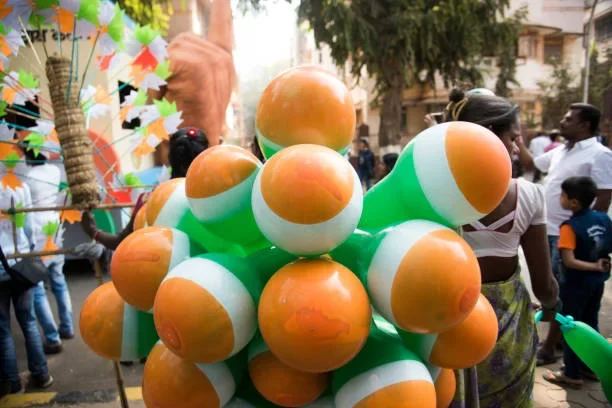
Festival Traditions and Practices
1. Preparation of Bladders
After a successful hunt, hunters carefully remove and preserve the bladders of seals and other sea mammals. These bladders are inflated and decorated, often painted with designs that represent the hunter’s respect and gratitude. The decorated bladders are then hung in the qasgiq (men’s house), a central gathering place for the community.
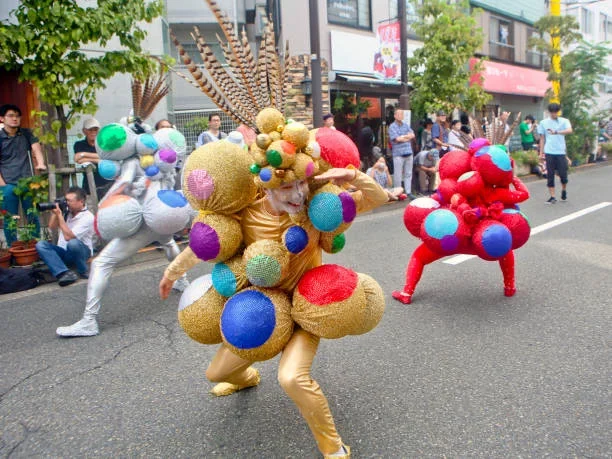
2. Ceremonial Activities
The festival spans several days, during which the community engages in various rituals:
- Songs and Dances: Traditional songs and dances are performed to honor the animal spirits. These performances are often held in complete darkness, symbolizing a connection with the spiritual world.
- Wild Parsnip Ritual: Stalks of wild parsnip are gathered and burned to purify both the bladders and the people. A significant song accompanies this ritual, performed by young men holding their arms high over their heads.
- Jump Dance: A young man performs a lively dance, jumping repeatedly with both feet held together, while acting in pantomime the hunting scene described by the song.
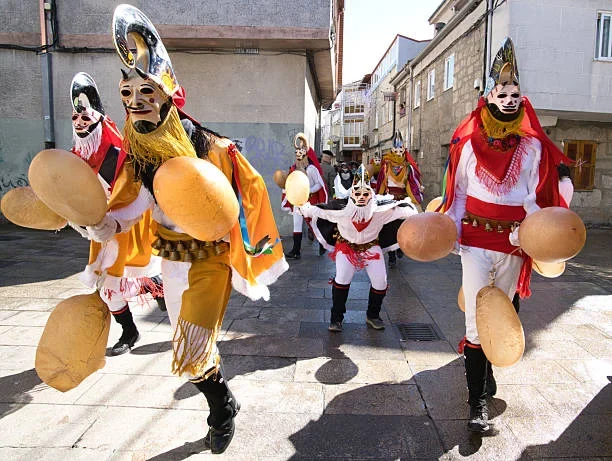
3. Return of the Bladders
After several days of festivities, the bladders are returned to the sea. This act symbolizes the release of the animal spirits, allowing them to reincarnate and ensure the success of future hunts. It is believed that keeping the bladders too long would anger the spirits, bringing sickness and death to the people.
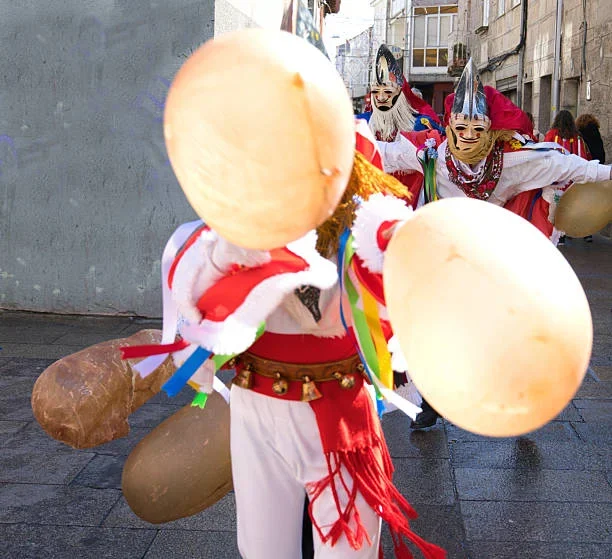
Cultural and Educational Impact
The Bladder Festival is not only a spiritual event but also a means of preserving and transmitting cultural knowledge. Through songs, dances, and storytelling, younger generations learn about their heritage and the importance of respecting nature. Educational programs, such as those developed by Chugach Heritage, use the Bladder Festival to teach students about traditional values, animal anatomy, and the significance of the festival in Yup’ik culture.
Contemporary Relevance
While the Bladder Festival was traditionally celebrated in many Yup’ik communities, it has not been performed in over 50 years. However, the principles of respect for animal spirits and the environment continue to influence contemporary practices. Modern celebrations, such as the Nalukataq whaling festival, share similar themes of honoring animal spirits and ensuring the success of future hunts.





Conclusion
The Bladder Festival is a testament to the Yup’ik people’s deep spiritual connection with the natural world. Through this sacred tradition, they honor the animals that sustain them and ensure the continuity of life for future generations. While the festival may no longer be widely practiced, its core values of respect, gratitude, and interconnectedness remain integral to Yup’ik culture.








